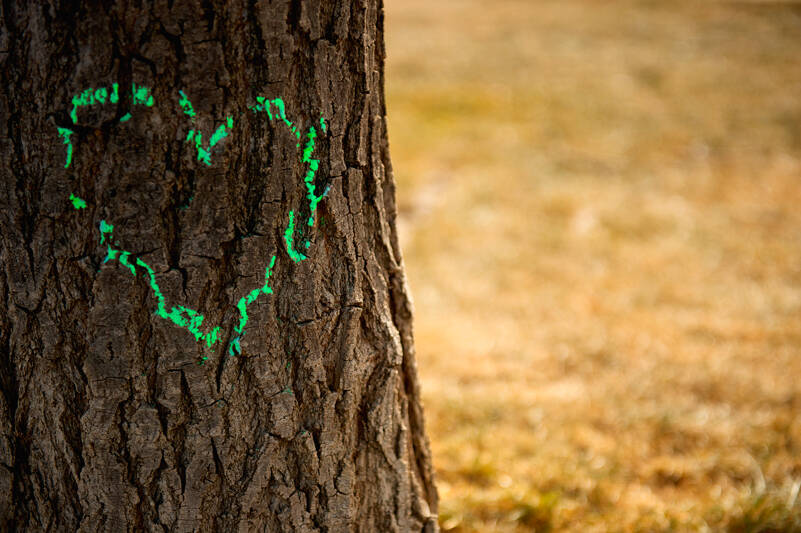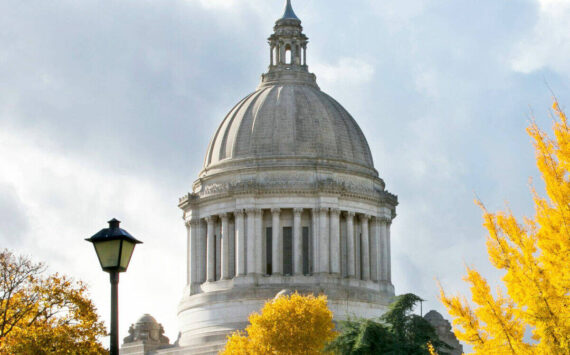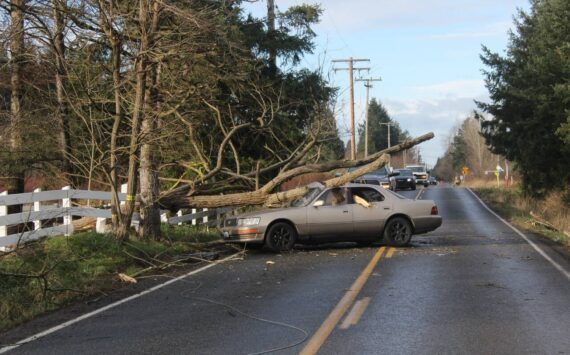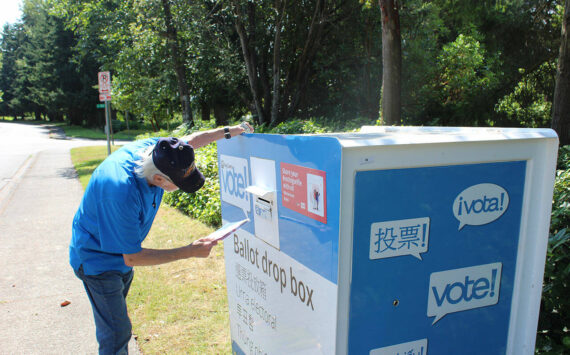OLYMPIA – The Washington State Recreation and Conservation Office (RCO) and Office of Superintendent of Public Instruction (OSPI) has announced the award of $3.7 million in grants to provide thousands of Washington’s students with outdoor learning experiences.
The Outdoor Learning Grants program was created by the Legislature in 2022 to develop and support outdoor educational experiences for Washington’s public school students in pre-kindergarten through twelfth grade. The program is administered by RCO in partnership with OSPI.
“With these funds, community-based organizations will partner with school districts to take learning outside for more than 20,000 Washington students,” said State Superintendent Chris Reykdal. “These programs provide students with opportunities to learn in meaningful and engaging ways where they can understand the unique context of their community. I’m grateful for the Legislature’s investment in this area and for our partnership with the Recreation and Conservation Office.”
Outdoor learning leads to reduced stress, improved mental and physical health, improved academic performance, increased graduation rates, increased relationships with peers, and more. These grants target students who have been historically underserved in outdoor learning.
RCO and OSPI awarded 27 grants to projects in the 22 counties across the state.
Pierce County grants include $149,930 awarded to the Foss Waterway Seaport for Bringing Salmon in the Classroom.
Foss Waterway Seaport will use this grant to continue and to expand its outdoor learning program, Salmon in the Classroom-Swan Creek. The program places salmon-rearing tanks in twenty-four elementary schools, teaches outdoor-based lessons for up to forty-six classrooms, trains twenty high school students as interns, and provides a day of instruction and salmon release at Swan Creek Park for more than 1,300 students annually. Students will come from Chief Leschi Tribal School, where less than 8 percent of students met the grade-level science standard in 2022, and from Tacoma Public Schools, where less than 35 percent met the standard, and from an alternative school. The program’s goal is to provide science-based experiences both in the classroom and outdoors that improve students’ understanding of the health and stewardship of rivers and outdoor spaces. Visit RCO’s online Project Snapshot for more information.
You can find information about other grants here.
The grants will serve more than 40,000 students and are estimated to provide more than 489,000 hours of outdoor learning opportunities. RCO and OSPI received 111 applications requesting $15.3 million.
“We received a large number of high-quality applications,” said Megan Duffy, director of the Washington State Recreation and Conservation Office. “It shows what a tremendous need there is for this kind of outdoor education across the state.”
The funds will be provided to community-based organizations, tribes and state and local agencies during the next two years. These groups will partner with their local school districts to provide outdoor learning opportunities primarily during the school day.
The grants provide a range of experiences for students. For example, the Blue Mountain Community Foundation will offer farm field trips to more than 1,000 Walla Walla third and fourth graders, where they will taste fresh produce and learn about the importance of farming and farmers to society, where food comes from, the benefit insects provide, insect and plant life cycles and seasonal and water cycles.
As another example from the other side of the state, the Institute for Community Leadership will offer high school students in King and Pierce Counties a chance to participate in weekly Saturday leadership and outdoor education classes, monthly environmental stewardship sessions and three cultural exchanges where natural resource educators at the Quinault Indian Nation teach traditional ecological learning. The program’s final element is an ambassador component where high schoolers host field trips for elementary students. The program priorities encourage grant recipients to incorporate the state’s Since Time Immemorial Curriculum, which infuses traditional ecological knowledge into their outdoor learning experiences.
In Chelan County, Cascade Fisheries will expand its Watching Over the Watershed (WOW) program in which students restore habitat on the Lower Sleepy Hollow Preserve, the last remaining functioning floodplain on the lower Wenatchee River. By partnering with local natural resources professionals and tribal members, the program offers students a chance to learn about indigenous culture and ecological knowledge, and experience seasonal changes related to local salmon and watershed systems.
To learn more about the Outdoor Learning Grants program, visit the RCO website.
Source: Washington State Recreation and Conservation Office





